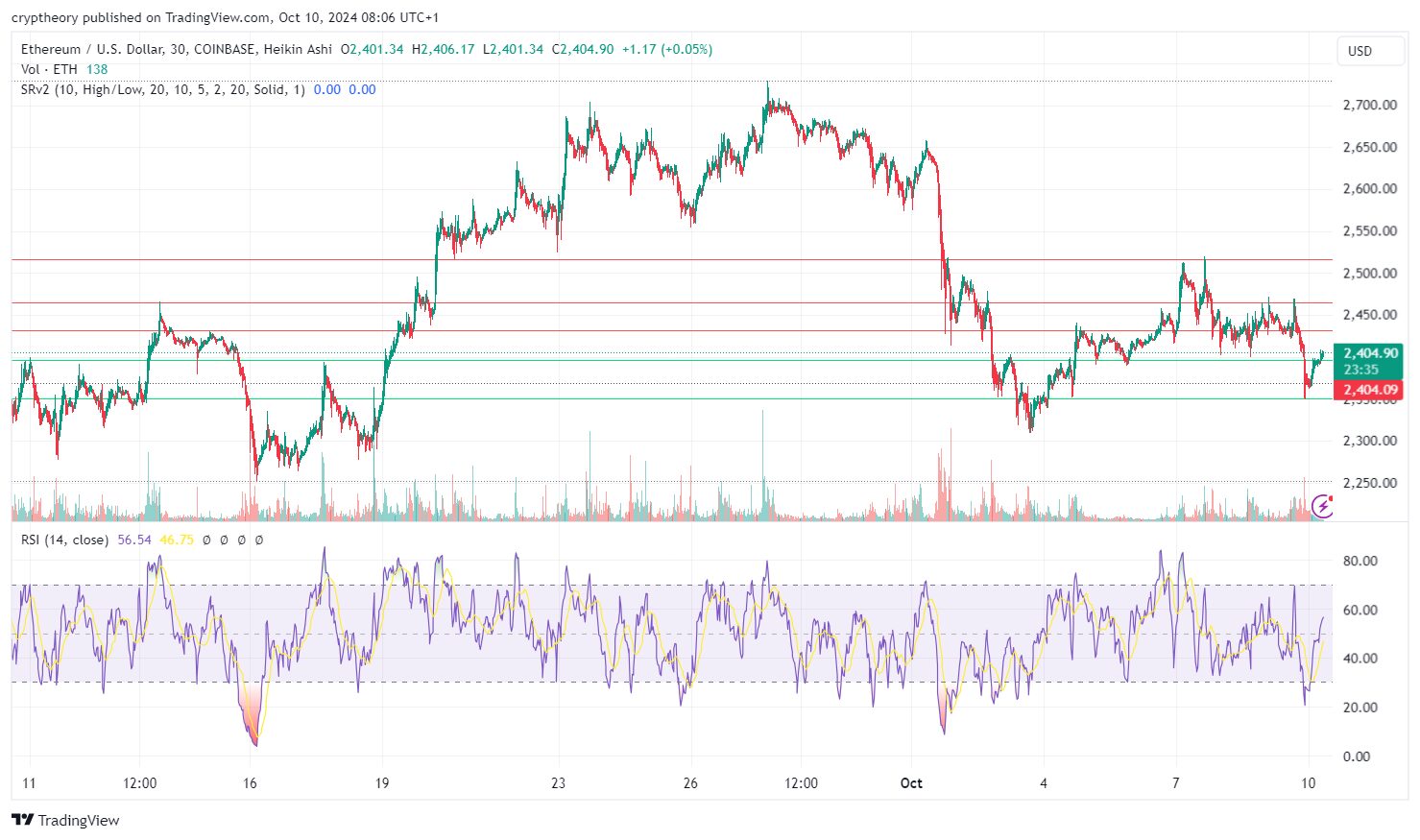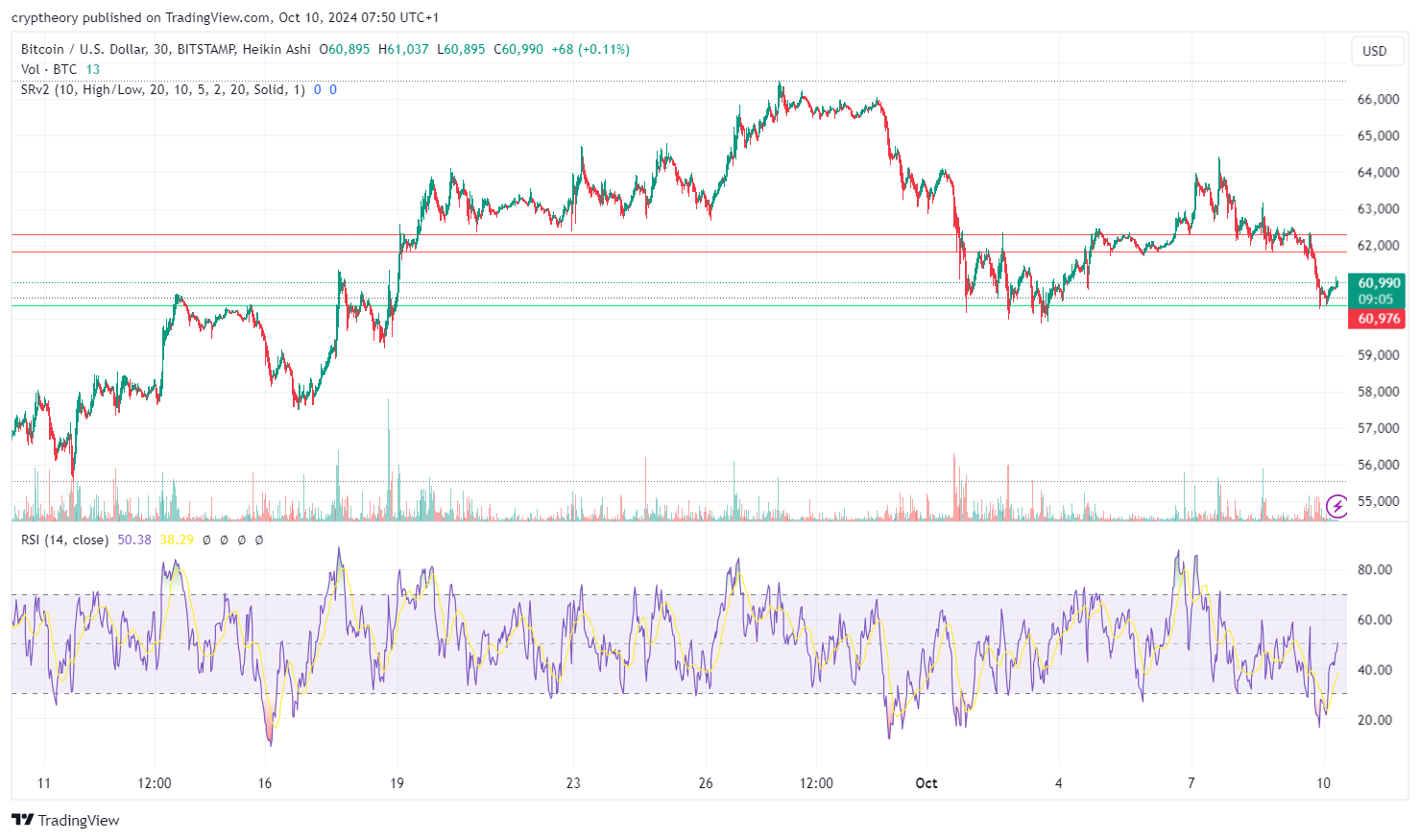ETH has fallen below $2,000 for the first time in a month. HODLers hope that today’s pullback doesn’t signify the beginning of a longer-term bear market.
The world’s second-largest cryptocurrency by market capitalization has fallen briefly below $2,000 before it became accustomed to the price in April—once in mid-April and then again in mid-May—but each dip lasted mere hours.
ETH: crypto with honors
Launched at the end of July 2015, ETH popularized the smart contract—self-enforcing financial contracts executed on the blockchain.
From smart contracts came NFTs: the unique cryptocurrencies, mostly based on ETH, started a craze that helped ETH rise to $4,100 this year.
Non-fungible tokens are a popular way to sell digital art, since each token is one-of-a-kind. Beeple sold a collection of JPEGs as an NFT for $69 million in March this year.
This bull run, ETH’s smart contracts spurred the development of Decentralized Autonomous Organisations. DAOs use automated decision-making processes and smart contracts to allow an anonymous group of people to govern themselves like real organizations.
Although thieves drained the original DAO of $55 million in 2016, DAOs are now a mainstay of decentralized finance. Polychain Capital CEO Olaf Carlson-Wee estimates that DAO’s have raised around $75 billion. The former Coinbase employee calls them “the second big breakthrough in blockchain after digital cash.”
ETH 2.0 is expected to drop later this year. The upgrade promises lower fees, faster transaction processing, and a reduction in its overall energy requirement by more than 99% as the network moves from the energy-intensive proof-of-work consensus mechanism to a greener proof-of-stake model.
Even if things look bleak, ETH’s long history proves that it’s still an invaluable part of the ever-diversifying cryptoverse.























